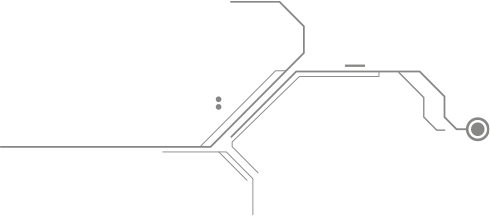
The digital sector and artificial intelligence are the driving forces of the epochal change that is currently underway. Technological development affects all aspects of life, while bringing with it the potentially heightened risk of a more and more unequal, asymmetric society that is deprived of meaning and governed by algorithms. Therefore, if AI is to rise to the challenge of respecting the dignity of every human being, an ethics that does not act as a containment tool, but rather as a guidance and planning instrument is required.
The Conference
In this scenario, it is necessary and urgent to understand the type of ethics that is called for, if we want to produce a real impact on technology, so as to shield human beings from being technologized, and favour a humanization of technology. In other words, it is essential to be aware of the risk of what we commonly call algocracy (the power of algorithms), as it is becoming more and more real.
For this reason, the workshop “RenAIssance. For a Human-centric Artificial Intelligence” issued six essential principles, that were then gathered in the Rome Call for AI Ethics, with a view to promoting an artificial intelligence that is respectful of the human being.
On the occasion of the Call’s signature, monsignor Vincenzo Paglia, President of the Pontifical Academy for Life, said: “Experience has shown us that the involvement of ethics when everything is already decided is almost useless. That is why we need an ethics that outlines the criteria for the design itself of the algorithms, as well as for the responsibilities of those involved in their individual production phases.”
The conference saw the attendance of two of the major stakeholders of the technological sector, Brad Smith (President of Microsoft) and John Kelly III (Executive Vice President of IBM), as well as FAO Director-General, Qu Dongyu, the Minister for Technological Innovation and Digitalization, Paola Pisano for the Italian Government and the President of the European Parliament, David Sassoli.
